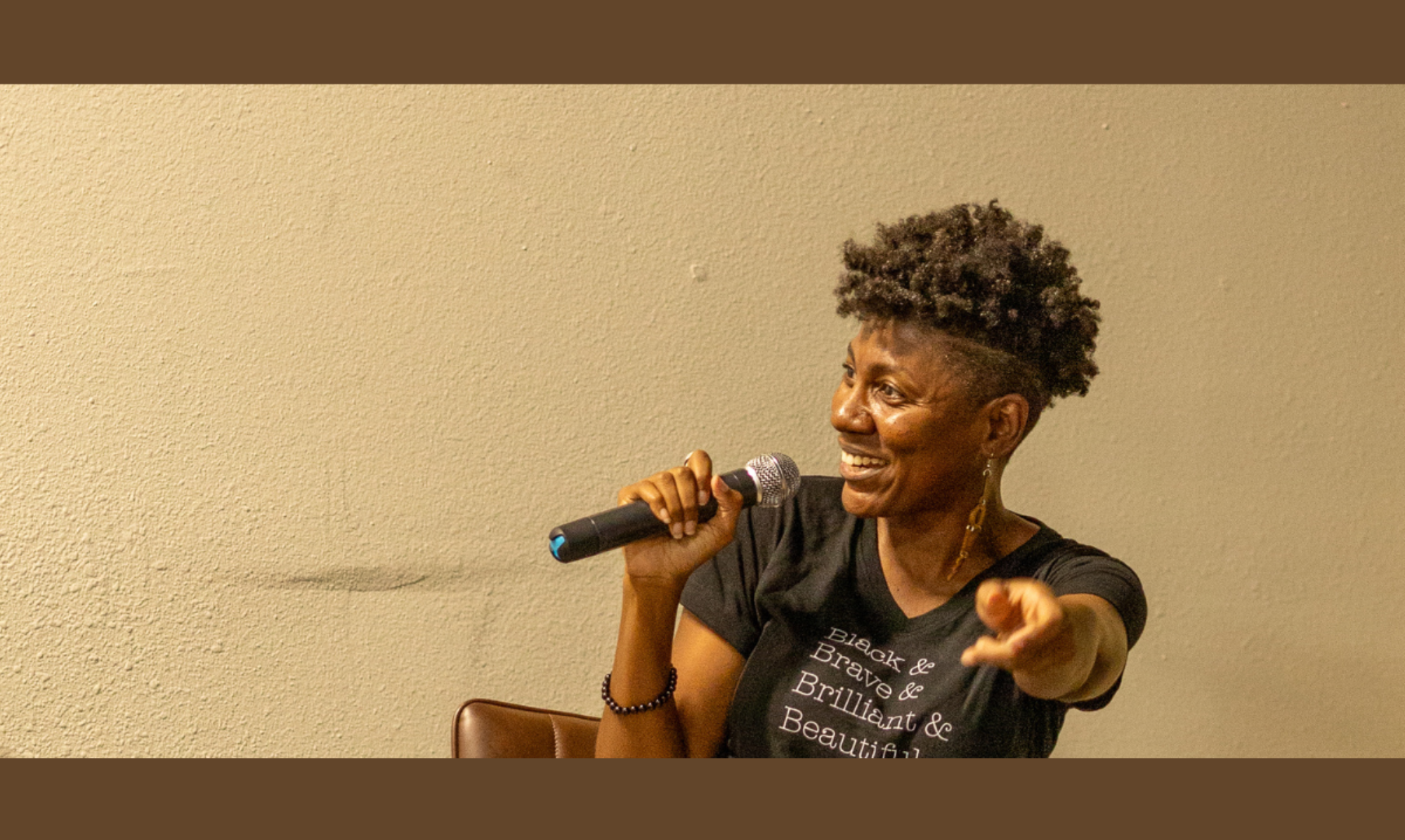#Melanin #MelaninPoppin #MelaninOnFleek But just what is melanin anyway?
Watch, Listen, or Read More Below
Yes, this week’s Weekly Word is “Melanin.”
I recently taught a course at the University of Illinois Springfield called #Melanin: International Perspectives on Skin tone. I thought, as an African American woman, that the term melanin was very common, that the average, everyday citizen knew what melanin was. But then my students asked me in the first week: What is melanin?
Then I realized that not everyone is as versed in that discourse community as I had thought. It’s possible that knowledge and use of the word melanin is more common in communities that have more melanin.
So what is melanin, exactly?
I’m not a scientist or a biologist, by any means. But I do like words, and I like sharing new vocabulary. So I’m going to try to help explain as best as I can.

Melanin is a chemical produced in our body by cells called melanocytes. Melanocytes are cells that exist on the lowest layer of our skin. Melanin is one of the most important, though not the only factor, in determining our skin color.
Melanin, however, is not just about the color of our skin, it’s also about protecting our skin from the UV (ultraviolet) rays that we get from the sun. And since it’s melanin’s job to protect us from the sun, we tend to produce more when we have more exposure to the sun. That’s why people look tan, or their skin complexion looks darker when they’ve been out on the beach on a sunny day for a long time, because the body will produce more in order to provide more protection in that situation where it’s getting more sunlight.
While most people have about the same amount of melanocyte cells, not everyone’s cells produce the same amount of the chemical melanin. That’s why we have such varying distinctions in skin tone.
So the key thing to remember about melanin is that the more you have, the darker your skin. The less, the lighter.
So now that we understand the biological definition of melanin, I want to talk about why melanin is poppin. Why exactly is it “on fleek”? I know that’s an outdated term at this point, but I still remember those hashtags, and they are dear to my heart (#MelaninMonday #MightyMelanin).
The reason I think people started coming up with these affirming hashtags, statements, and phrases is because people with more of this magic chemical (aka people who have darker skin0 have typically been stigmatized throughout the world.
This is what we call colorism.

Perhaps for many people, knowing the biology behind their skin tone helped them to stand proudly in their darker, browner skin in a world that tends to marginalize people of those complexions.
I also think knowing the beneficial nature of melanin also helped people to affirm their skin tones. Knowing that their darker complexions was actually their body’s way of protecting them and offering them shielding from harmful sun rays was a celebratory thing. Referring to our skin tone by using the biological term was perhaps a way for us to see the privilege of being darker skinned.
And when people say it’s “poppin” or “on fleek” or it’s glistening or it’s glowing or whatever other positive terms we want to use for that deliciously brown complexion, we think about how our skin color does glow or glisten in the sun. Or how our skin tone does make certain colors “pop.” Melanin does that.
So there you have it folks. That is the biological definition of melanin and also the social use of the term.
So for all the young people out there who might have once thought their skin was a curse or some kind of disadvantage, we now can see our skin color as biological magic.
#MelaninMagic

